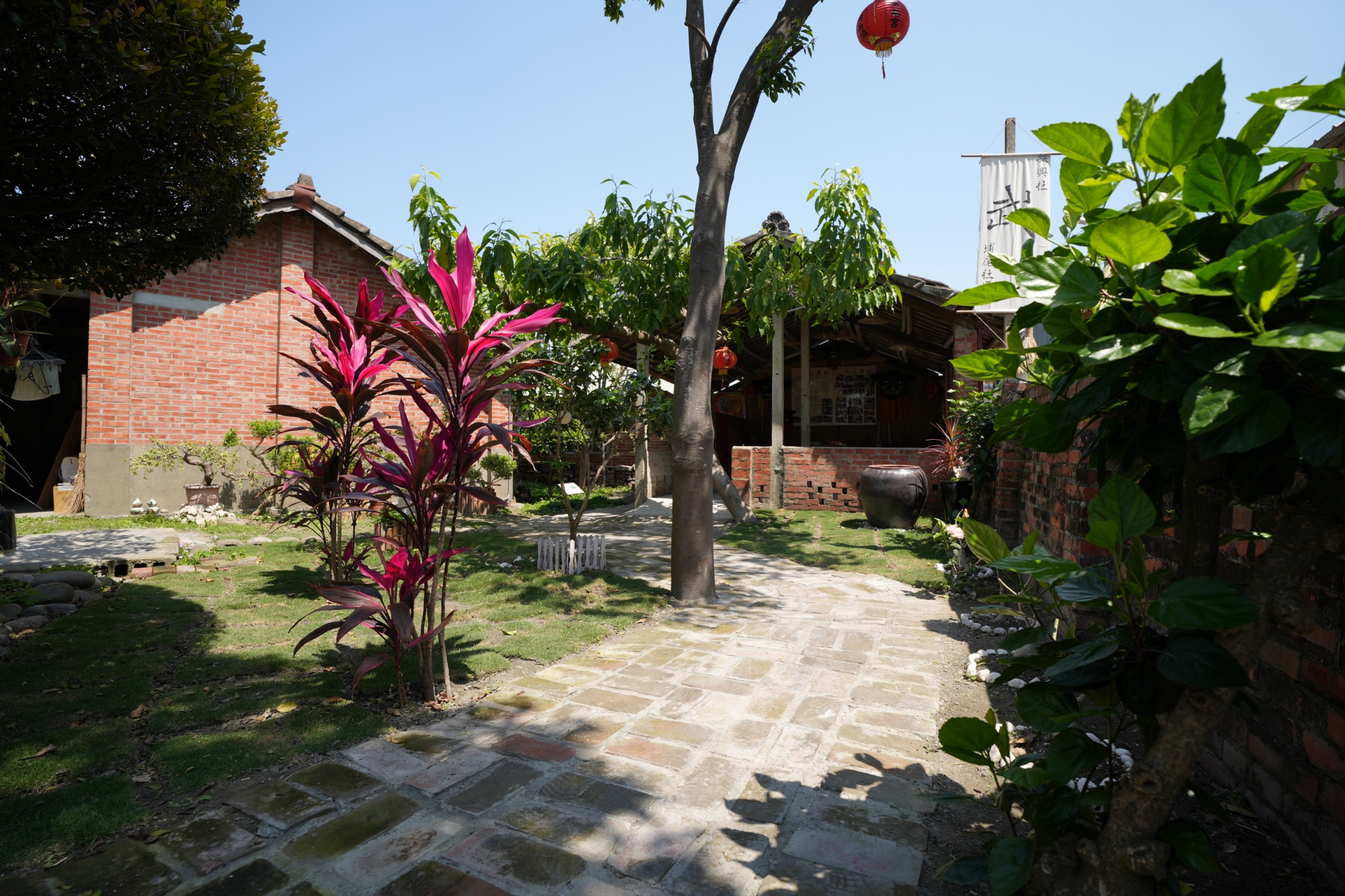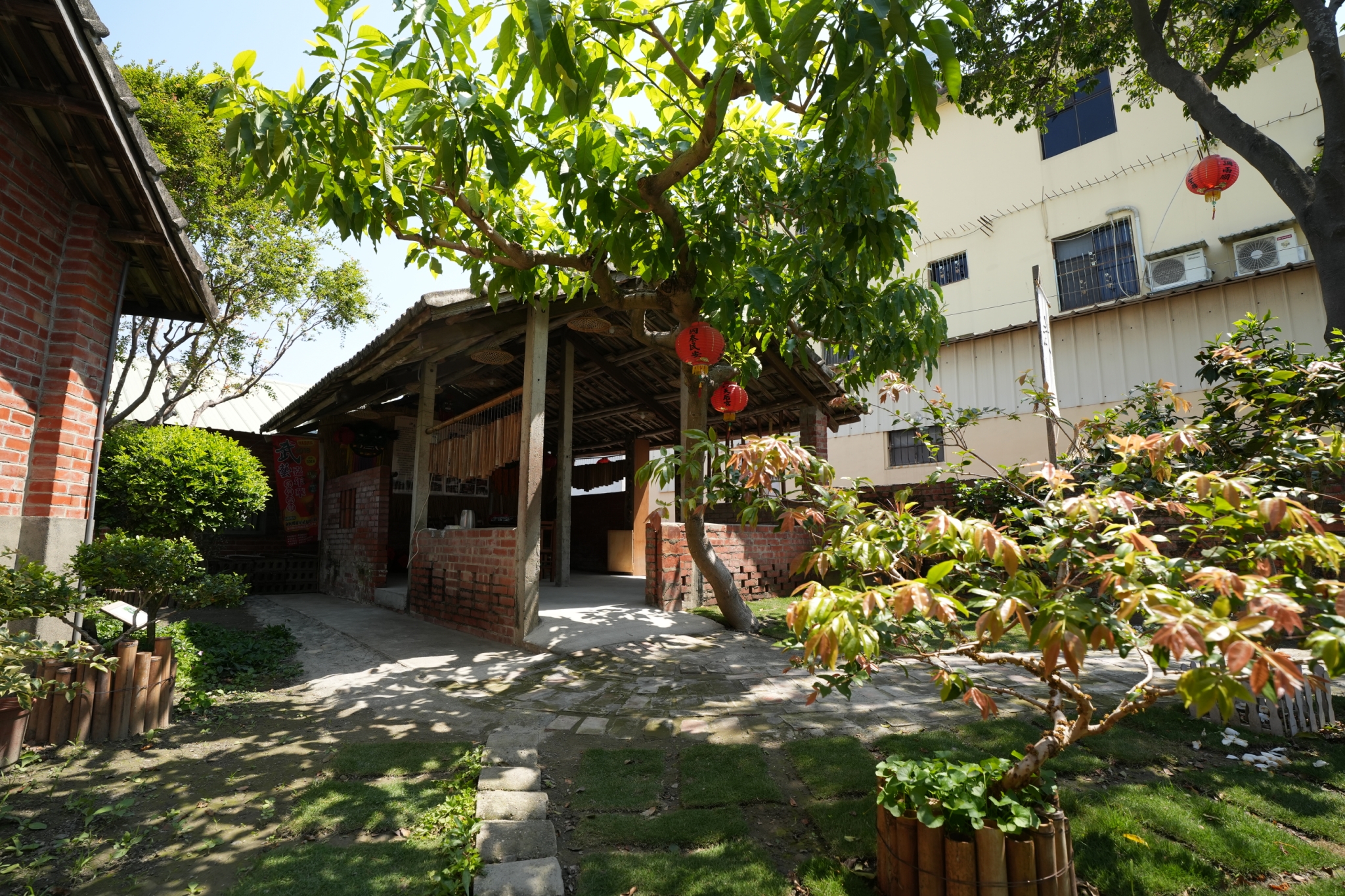







Project Overview
The project wins first place in the “LOHAS Group” category of the 16th Community Competition. It is based in Puwei Community, once renowned for its traditional martial arts training hall. The old building once served as an essential hub for martial arts practice, but over time, both the hall and related traditions such as the Bitou Lion Dance face the risk of fading away. Named the “Oil Vehicle Promotion Association,” the project reinterprets the site through spatial revitalisation and cultural storytelling, allowing younger generations to reconnect with community history while transforming the old structure into a shared gathering place for contemporary life.
Organisation
Team
Yunlin County Government / Puwei Community Development Association
Project Brief
Since the renovation, residents spontaneously gather every Monday, Wednesday, and Friday to drink tea, sing, and chat, creating a new rhythm in everyday life. Some have contributed audio equipment and tea sets, further enhancing the space’s flexibility and warmth. The venue also functions as a storytelling platform for visitors, who learn about the Bitou Lion Dance tradition and the site’s martial arts history through exhibits and oral narratives, ensuring intergenerational memory continues.
Project Innovation/Need
The space preserves and displays lion dance heads and old photographs, serving as memory anchors that communicate martial arts culture and folk heritage. The community also incorporates recycled rural artifacts, such as wind chimes made from bamboo pipes, producing tones that echo the past when the wind blows.
Retired farmers donate bamboo hats, which are transformed into pendant lights, enriching the spatial narrative. The outdoor garden is designed and maintained by residents skilled in horticulture, creating a simple yet welcoming space for both relaxation and viewing.
On the exterior wall, a miniature replica of a thatched granary hut—known locally as gu-ting-ben—is constructed using discarded straw. These structures once stored rice in early Taiwanese agricultural society. The bowl-like shape, clay or lime-coated walls, and bamboo-pole supports reflect traditional building methods.
The character “滿” (full) is pasted above the front square window to symbolise abundance and blessings for a good harvest. Through this project, the Oil Vehicle Promotion Association not only revives lost traditions but also redefines the potential of community space.
Design Challenge
Most materials used are natural or recycled, including straw, bamboo pipes, bamboo hats, and bricks and tiles from nearby abandoned buildings. All installations are handcrafted with the help of residents. The garden’s plants are also contributed to and maintained by community members, who organize a shared maintenance schedule. This approach minimises waste and fosters shared responsibility, embodying both sustainability and collaborative environmental stewardship.
The site occupies the original martial arts hall. Though compact, the layout is carefully optimized to provide both exhibition and recreational functions. The original wall structure and raised ceiling are preserved, while new open seating and tea-drinking corners are added. This results in a hybrid space that operates as both a mini museum and a community gathering venue.
Sustainability
The issue of community revitalisation extends beyond material selection—it requires a deep understanding of local culture. In this project, the spirit of the community is anchored in the lion head culture, a nearly lost folk tradition that has been brought back into public view. This revival not only rekindles residents’ memories and sense of identity but also allows visitors to experience the depth of local spirit through exhibits and storytelling.
The design avoids excessive ornamentation, instead making extensive use of repurposed materials such as straw, bamboo hats, bamboo tubes, and old bricks and tiles. These are creatively transformed—often by the residents themselves—into pendant lights, wind chimes, and wall installations. In this way, discarded materials are imbued with cultural significance, sparking shared stories and conversation among locals.
Moreover, the garden’s plants are provided and maintained by community members, embodying the values of shared resources and co-governance. A successful community renovation is not only about providing a space for tea gatherings—it reflects an intergenerational living theatre. With minimal physical alterations, the space carries profound emotional weight and aspirations, allowing sustainability to serve as a bridge for cultural continuity and collective harmony.
Interior Design - International Public or Institutional
This award celebrates innovative and creative building interiors with consideration given to space creation and planning, furnishings, finishes and aesthetic presentation. Consideration also given to space allocation, traffic flow, building services, lighting, fixtures, flooring, colours, furnishings and surface finishes.
More Details

